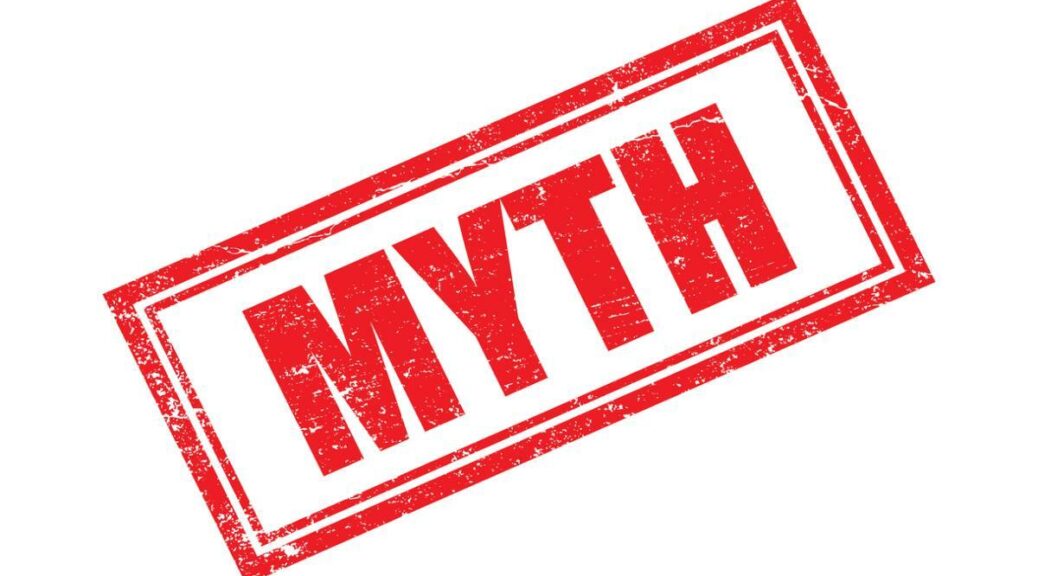Divorces routinely involve property division questions. Some may be simple and straightforward, but determining marital and separate assets is often complicated. One common question is how trusts are handled in a divorce property division. Certified Family Law Specialist Judy L. Burger explains more about trusts and property divisions in California.
What Is a Trust?
“A trust is a legal entity with separate and distinct rights, similar to a person or corporation. In a trust, a party known as a trustor gives another party, the trustee, the right to hold title to and manage property or assets for the benefit of a third party, the beneficiary.”
A trust is a useful tool for managing and distributing a person’s finances both while they are alive and after their passing. It can help an estate avoid taxes and the probate process, protect assets from creditors and specify how inheritance should be handled for beneficiaries.
Married couples may establish one or more trusts for various reasons:
- Tax planning
- Medicaid planning
- Retirement or inheritance planning
- Providing for a special needs child or family member
- Charitable giving
- Securing business assets
Different types of trust have varying rules that govern how they are used, protected, and divided in a divorce property division.
Trusts and Property Division
Under California law, trusts are separate property of the named beneficiary spouse. Trust assets are then not considered “community property” and, therefore, are not subject to equitable distribution. Moreover, any income and principal paid from a separate property trust to a beneficiary spouse remains their separate property as long as it is not comingled with marital funds.
For example, a trust that is funded by a third party or source (not the beneficiary) through a gift or bequest and is governed by a separate trustee is the sole property of the beneficiary and not considered community property.
- A trust created with assets before the marriage
- A trust given to one spouse by a gift or inheritance
Irrevocable trusts are also better protected during a divorce property division. The beneficiary spouse is not in control of the assets, and they are not considered community property.
Depending on the type of trust, other special circumstances may apply. It is best to discuss your situation with a seasoned California Property Division Attorney like Judy Burger to ensure you fully understand your rights and options.
When Is a Trust Considered Community Property?
When trust funds are placed into a joint account, used to purchase a marital asset, or used for regular marital expenses, these funds are no longer considered separate property and become community property.
An exception exists if separate property contributions are used for a down payment on or for improvements to an asset; they will retain their separate property status as long as documents trace that contribution. Any funds remaining in the trust or a separate account will continue to be considered the separate property of the beneficiary spouse.
California Property Division Attorney
The rules governing California property divisions and trusts are complex, so you need an experienced CA Property Division Attorney to help you understand them and how they apply to you. Certified CA Family Law Specialist Judy Burger can examine the assets in trusts and determine how they fit into a divorce property division. Her role is critical to ensure an equitable legal division and protect your assets and rights.
If you are considering a divorce in California and have assets in a trust, contact The Law Office of Judy L. Burger as soon as possible. We have eight convenient offices throughout the Golden State to give you the personal attention you deserve.










